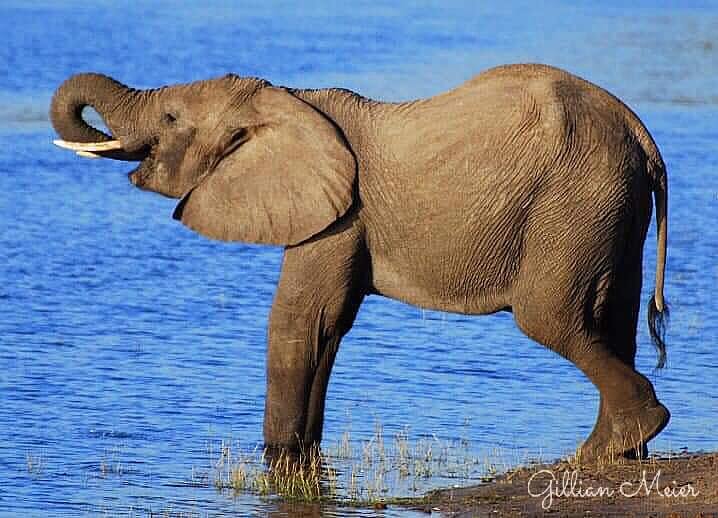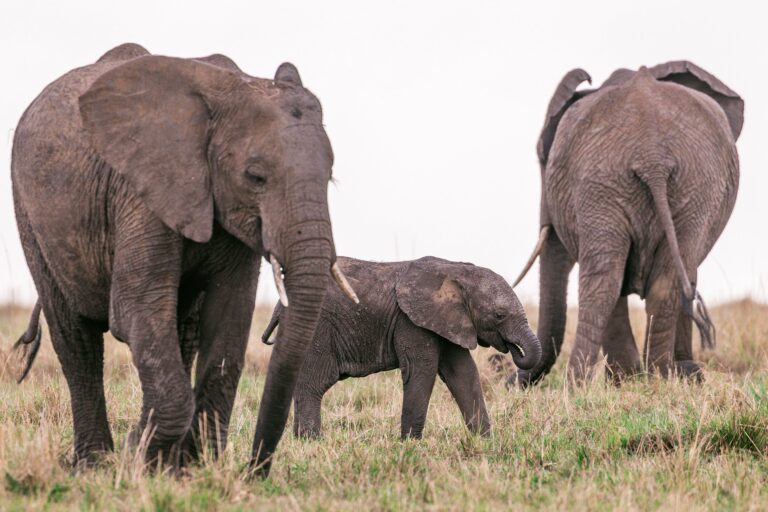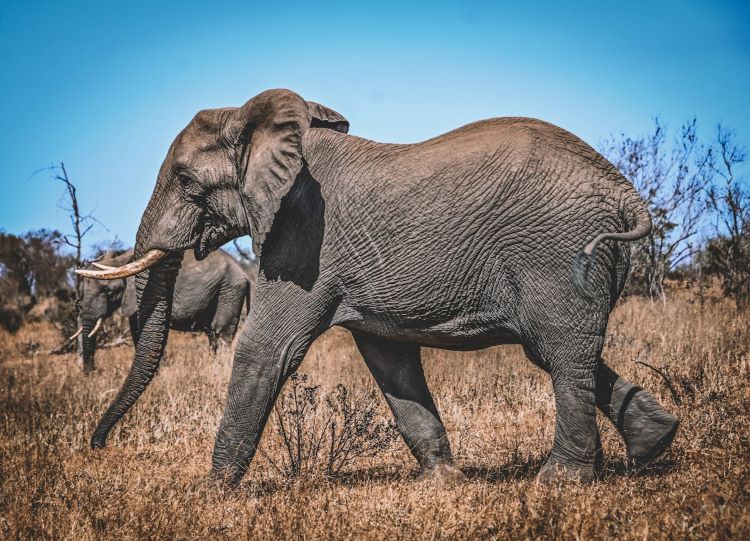Embarking on an elephant hunting safari in Botswana is an experience steeped in tradition and guided by modern ethics. Botswana is renowned for its well-managed conservation policies and vast landscapes that host some of Africa’s largest elephant populations. For those planning elephant hunts in Botswana, preparation and understanding are crucial to ensure a successful and responsible safari. Here’s what you need to know.
[DYNAMIC-BLOGTABLEOFCONTENT]
Why Choose Botswana for Elephant Hunts?
Botswana is a leading destination for elephant hunting safaris, offering a combination of well-regulated hunting policies and an abundance of wildlife. Its extensive conservation efforts ensure sustainable hunting practices that benefit both local communities and wildlife populations.
Key Benefits
- Abundant Elephant Populations: Botswana is home to an estimated 130,000 elephants, the largest population in Africa.
- Conservation-Based Hunting: Hunting permits are issued under strict quotas to ensure sustainable management.
- Diverse Landscapes: From the Okavango Delta to the Chobe region, Botswana’s varied terrain provides unique hunting experiences.
Understanding Hunting Regulations
Elephant hunts in Botswana are highly regulated to balance conservation and economic benefits. Here are some key points:
- Permits: Hunters must obtain a government-issued hunting permit. These permits are limited to specific quotas to prevent overhunting.
- Target Animals: Only older bulls that are no longer key to breeding populations are targeted.
- Professional Guides: All hunts must be conducted under the supervision of a licensed professional hunting guide.
Working with a reputable outfitter ensures compliance with these regulations and provides valuable expertise.

Planning Your Safari: What to Expect
Preparation is essential for a successful elephant hunting safari. Here’s what you need to consider:
1. Choosing the Right Outfitter
Selecting an experienced outfitter is one of the most important steps. They handle logistics, ensure legal compliance, and provide knowledgeable guides.
- Look for outfitters with a strong track record in Botswana.
- Ensure they adhere to ethical hunting practices.
- Check reviews and testimonials from previous clients.
2. Equipment and Gear
Hunting elephants requires specialised equipment. Here’s a checklist to get you started:
- Firearms: A heavy-calibre rifle, such as a .375 H&H Magnum or larger, is recommended.
- Ammunition: Use high-quality ammunition designed for large game.
- Clothing: Lightweight, neutral-coloured clothing suited for Botswana’s climate is essential.
- Optics: High-powered binoculars are invaluable for spotting elephants from a distance.
3. Physical and Mental Preparation
Elephant hunting can be physically demanding. Prepare yourself by:
- Engaging in regular physical exercise to build stamina.
- Familiarising yourself with your equipment through practice sessions.
- Researching elephant behaviour to improve tracking and decision-making skills.
4. Travel Arrangements
Plan your travel to Botswana well in advance. Key points include:
- Flights: Most international hunters fly into Maun or Gaborone.
- Visas and Permits: Check visa requirements for your country and ensure all hunting permits are secured.
- Vaccinations: Consult a healthcare provider about vaccinations and malaria prophylaxis.

The Hunting Experience
Hunting an elephant in Botswana is a unique experience that requires patience, skill, and respect for the animal.
1. Tracking and Stalking
Tracking elephants is an art that relies on reading signs like footprints and dung. Professional trackers play a key role in this process. Once a target bull is identified, the stalking phase begins, requiring stealth and careful planning.
2. Shot Placement
Ethical hunting emphasises precise shot placement to ensure a humane kill. Aim for the vital organs, and consult with your guide for advice tailored to the situation.
3. Post-Hunt Procedures
After a successful hunt, the elephant’s remains are handled responsibly. Meat is often distributed to local communities, and trophies are prepared according to international regulations for export.
Ethical Considerations
Ethical hunting is central to the experience in Botswana. Hunters are expected to:
- Follow all laws and regulations.
- Respect the environment and wildlife.
- Support conservation initiatives through their participation.
Understanding the role of hunting in conservation helps dispel misconceptions. Revenue from hunting permits funds anti-poaching efforts and community development projects.
Challenges You Might Encounter
While elephant hunts in Botswana are highly rewarding, they can also present challenges. These include:
- Weather Conditions: The climate can be harsh, especially during the dry season.
- Physical Demands: Walking long distances in rugged terrain is often necessary.
- Logistical Complexities: Ensuring all permits, equipment, and travel arrangements are in order requires careful planning.
Tips for a Memorable Safari
- Work with Experienced Professionals: Trust your outfitter and guide for advice and support.
- Stay Patient: Successful hunts often require time and persistence.
- Immerse Yourself: Take the opportunity to learn about Botswana’s culture and wildlife beyond the hunt.
- Adhere to Ethical Practices: Respect the land, wildlife, and local communities.
Conclusion
Planning an elephant hunting safari in Botswana is an adventure like no other. By understanding the regulations, preparing thoroughly, and embracing ethical practices, you can enjoy a rewarding experience that contributes to conservation and local communities. Whether it’s your first time or you’re a seasoned hunter, Botswana’s stunning landscapes and well-managed wildlife make it a top destination for elephant hunts.
